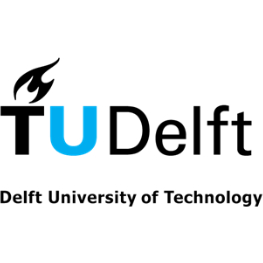Delft University of Technology (TU Delft) is the oldest, largest and most comprehensive university of technology in the Netherlands. With over 25,000 students and 3,200 scientists, it is an establishment of national importance and of significant international standing. TU Delft collaborates on a structural basis with other international education and research institutes and has partnerships with governments, branch organizations, numerous consultancies, industry partners and companies from the small and medium business sectors.
Within RURALIZATION two groups will be involved. Firstly, the project management will be done from the Valorisation Centre (VC) that supports, stimulates and facilitates scientists and supporting staff of the TU Delft in transforming results of research and technology development to practical, commercially viable, application. Within the VC European project management team, professional project managers provide non-scientific project management for international collaborative projects. They support the scientific coordinators in a proactive, efficient and quality way, on financial, legal, administrative and organizational matters. The team’s portfolio contains H2020, FP7, KIC, EFRO, Europe Aid (with partners from Asia including UNEP and UNIDO) and Interreg projects.
Secondly, the Land Development group from the Department of Management in the Built Environment from the Faculty of Architecture and the Built Environment, will be active in the technical management of RURALIZATION and in the other work packages. TU Delft’s Faculty of Architecture and the Built Environment is one of the largest and most well-known faculties of its kind in the world. It has a strong international profile, attracting many staff and students from around the world and a proven track record in EU research on urban and regional development, spatial planning, housing and sustainability. The Land development group is performing in research and education on the governance of land development.
Below you can find short profiles of the staff members who will be undertaking the RURALIZATION work:
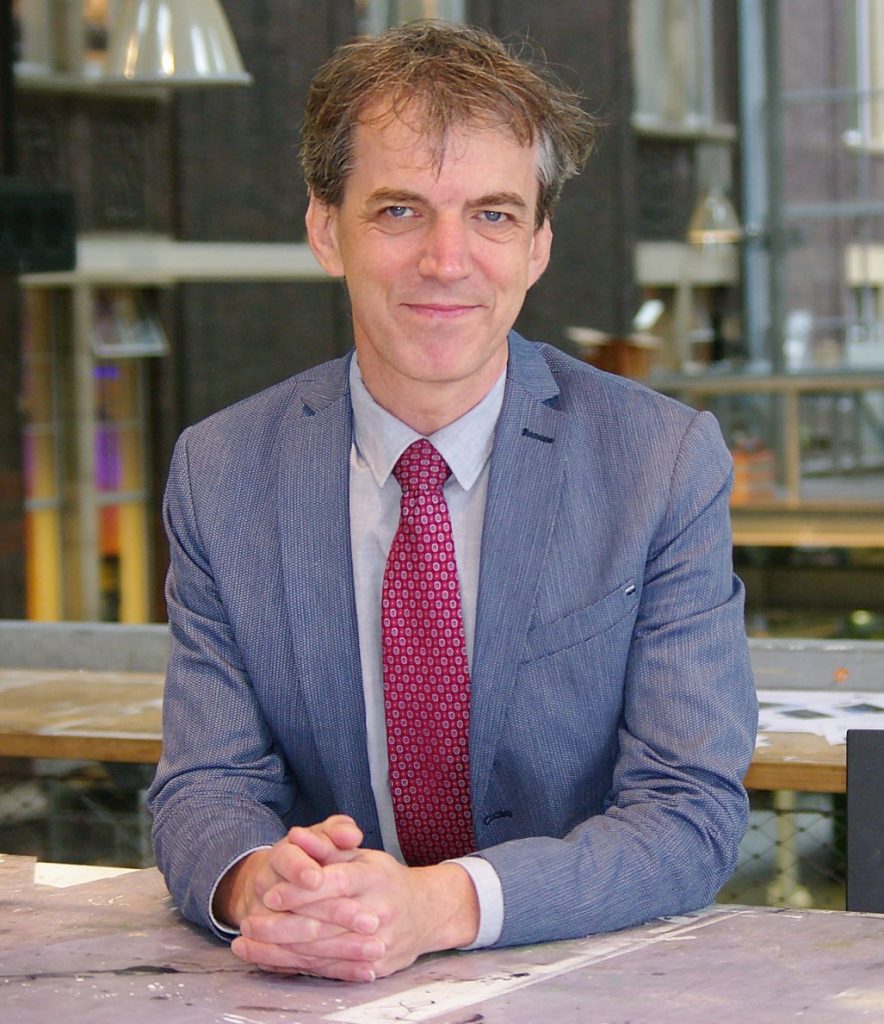
Willem Korthals Altes is full professor in Land Development. He graduated in planning (both PhD and MSc: cum laude) at the University of Amsterdam. Professor Korthals Altes has worked as consultant for Kolpron Consultants (later ECORYS) in Rotterdam between 1995 and 2003. He has been active in research in the fields of land development and planning and has published widely in peer reviewed journals. He teaches in BSC and MSc programmes at TU Delft. He also has supervised several PhD students on subjects relating to the governance of land development.
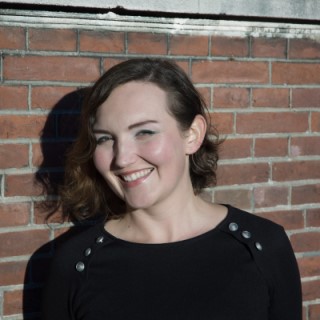
Anna Gralka, MSc is an experienced coordinator of H2020 projects at Delft University of Technology. She graduated from TU Delft with a Masters in Urbanism and from Silesian University of Technology (Poland) with a Masters in Design and New Technologies in Architecture. In addition, within the EU Erasmus Programme she studies Landscape Architecture at Wageningen University (the Netherlands) as an exchange student. Anna has previous experience in various architectural and urban design projects as well as in R&D projects focusing on energy-efficiency of buildings, new technologies in building renovation and cultural heritage.
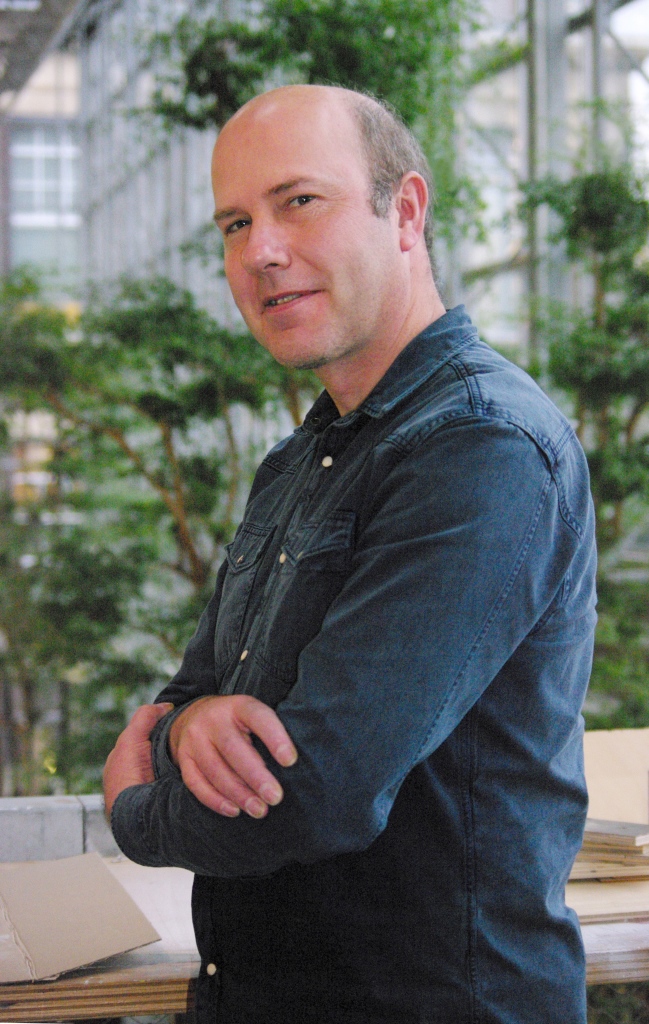
Herman de Wolff is assistant professor in the Faculty of Architecture and the Built Environment and part of the Land Development group. His current line of research is focussed on instruments and strategies in urban and regional development especially related to land policy. Linking urban and rural areas, using legal and financial instruments to improve spatial quality, changes in legislation and innovative practices constitute the common thread. He participates in different research projects, including contract research for both public and private sectors. Besides research, he is involved in education of bachelor and masterprograms on Complex system engineering and management and Architecture, Urbanism and Building Sciences.
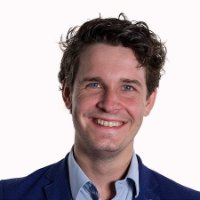
Maarten Koreman is a PhD Candidate. He has a background in Geography and Public Administration and recently finished his MSc. in Global Economic History. In his previous studies, he wrote theses about depopulation of rural areas, trust in institutions among inhabitants of a rural village and the Mansholt Plan on the Common Agricultural Policy in 1968. In his research, he focuses on the foresight analysis of new generations and the promising practices of succession, new entrants into farming and rural newcomers. This will also lead to a PhD project about the future of rural areas in Belgium and The Netherlands.
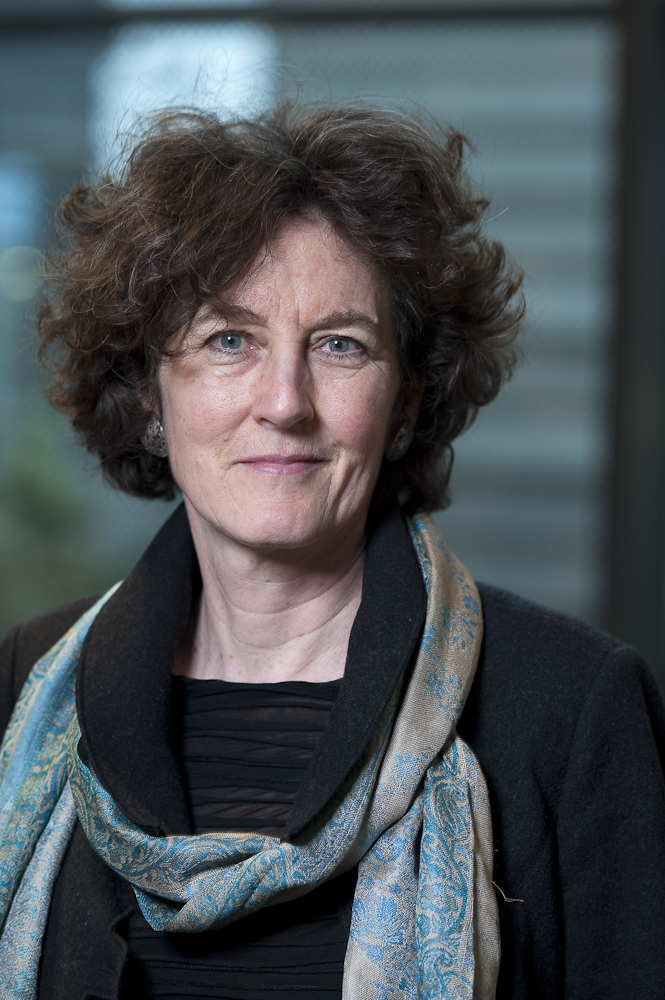
Marjolein Spaans is assistant professor at TU Delft (Faculty of Architecture and the Built Environment, Management in the Built Environment). She holds a MSc in landscape planning from Wageningen University and a PhD in urban and regional planning at TU Delft. Her research concerns a broad field of work with themes as urban and regional development, spatial governance, international comparison of planning systems, integrated area development and resilience. She has been involved as coordinator or director in a number of interfaculty and interuniversity programmes
